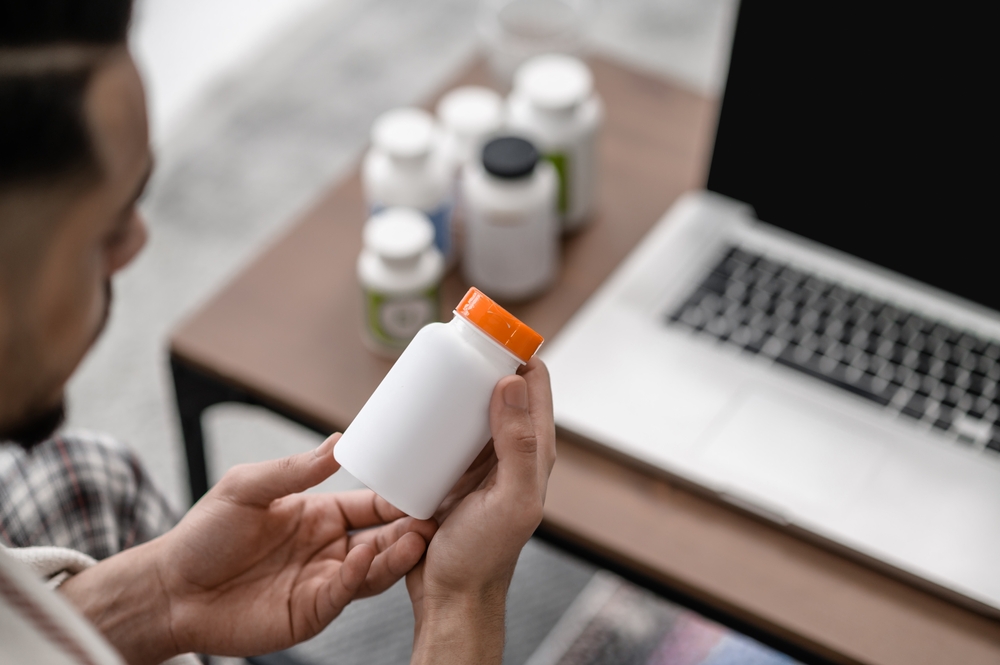Managing high blood pressure is crucial for maintaining overall health and preventing serious conditions such as heart disease and stroke. However, the medications prescribed to manage blood pressure can sometimes have unexpected side effects, including impacts on sexual drive and performance. Understanding this issue and how to address it with your doctor is vital for maintaining your physical health and quality of life.
Understanding the link between blood pressure pills and sex drive
Blood pressure medications, while essential, can influence your body in various ways. These medications, such as beta-blockers and diuretics, work by altering blood flow and the function of the cardiovascular system. Unfortunately, these changes can sometimes lead to a decrease in libido or other sexual dysfunctions.
Types of blood pressure medications that affect sex drive
- Beta-blockers: Commonly prescribed to reduce blood pressure by blocking the effects of adrenaline, beta-blockers can decrease blood flow to the penis, making it difficult to achieve an erection.
- Diuretics: These help the body eliminate excess salt and water, but they can also decrease blood flow to the sexual organs and reduce levels of zinc, which is necessary for testosterone production.
- ACE inhibitors and ARBs: These medications are less likely to cause sexual side effects, but they can still affect libido in some individuals.
Understanding which type of medication you are taking can help you identify whether it might be contributing to any sexual health issues.
Symptoms of medication-induced sexual dysfunction
It’s essential to recognize the signs of sexual dysfunction that may result from blood pressure medication. These can include:
- Decreased libido: A noticeable reduction in sexual desire.
- Erectile dysfunction: Difficulty achieving or maintaining an erection.
- Orgasmic dysfunction: Challenges in reaching orgasm.
If you experience any of these symptoms, it is important to address them rather than assuming they will resolve on their own.
Communicating with your doctor
Discussing sexual health can feel uncomfortable, but it is crucial for your overall well-being. Here are steps to help you have a productive conversation with your doctor:
Be honest and specific
When discussing your symptoms, be as detailed as possible. Explain how often they occur and how they affect your life. The more information you provide, the better your doctor can understand your situation.
Ask about alternatives
Inquire whether alternative medications are available that might not have the same side effects. Your doctor might suggest switching to a different class of blood pressure medication.
Consider lifestyle changes
Sometimes, changing your lifestyle can reduce your dependence on medication. Discuss with your doctor how diet, exercise, and stress management might help you manage your blood pressure more naturally.
Potential solutions and treatments
If your blood pressure medication is affecting your sex drive, your doctor might suggest several strategies:
- Switching medications: Your doctor can help you find a blood pressure medication with fewer sexual side effects.
- Adjusting dosage: Sometimes, a lower dose can still effectively manage blood pressure with fewer side effects.
- Medication timing: Taking your medication at a different time of day might help minimize side effects.
- Supplemental medications: In some cases, your doctor might prescribe medications to counteract the sexual side effects.
Lifestyle modifications
Making lifestyle changes can also help improve both your blood pressure and your sexual health:
- Exercise regularly: Physical activity can improve cardiovascular health and increase libido.
- Healthy diet: Eating a diet rich in fruits, vegetables, and whole grains can help manage blood pressure and improve overall health.
- Reduce alcohol intake: Excessive alcohol can contribute to sexual dysfunction and high blood pressure.
- Quit smoking: Smoking can negatively impact both blood pressure and sexual health.
Psychological impact and support
Sexual dysfunction can have a significant psychological impact, leading to feelings of frustration, embarrassment, and depression. Seeking support from a therapist or counselor can be beneficial. Open communication with your partner about what you are experiencing can foster understanding and intimacy.
Conclusion: taking control of your health
Managing high blood pressure is essential, but so is maintaining a healthy and fulfilling sex life. If your blood pressure medication is affecting your sex drive, do not hesitate to talk to your doctor. By working together, you can find a solution that supports both your cardiovascular health and your overall well-being.
Remember, your health encompasses both physical and emotional aspects. Taking control by addressing side effects head-on ensures you can live a balanced and satisfying life.
This story was created using AI technology.













